
Retinol vs Vitamin C: Which Serum Do You Need?
With so many skincare products in the market, figuring out which ones actually work can get confusing. Two of the most popular ingredients used in serums to fight skin concerns are retinol and vitamin C. But what's the difference between the two? Which one should you choose for your skin? This blog will explore how retinol and vitamin C work, their key differences, their benefits for wrinkles and hyperpigmentation, which skin types they suit best, and how to choose the best option for your skin.
What is Retinol?
Retinol is a vitamin A derivative and is one of the most researched skincare ingredients for wrinkles. Once applied to the skin, it is converted into retinoic acid, which promotes skin cell turnover by enhancing collagen production and reducing fine lines and wrinkles. Retinol also helps stimulate elastin fibres to improve the skin's firmness and tone.
In addition to fighting visible signs of wrinkles, retinol can help minimise enlarged pores, smooth out rough skin texture, clear up blemishes and acne, and reduce hyperpigmentation and dark spots by quickening cell turnover rates.
What is Vitamin C?
Vitamin C is an antioxidant that protects the skin from free radical damage caused by UV exposure and pollution. It is also essential for stimulating collagen production to firm, brighten, and smooth the skin.
L-ascorbic acid is the most researched and effective form of topical vitamin C. When properly formulated and layered under sunscreen, vitamin C can reduce wrinkles, lighten brown spots, and reduce skin discolouration. It can also help diminish inflammation and irritation, minimise breakouts, and give the skin a more radiant appearance. For even-toned and brighter skin, try The Pink Foundry's Brightening & Exfoliating Vitamin C Daily Face Wash.
Retinol vs Vitamin C: Key Differences
This section compares vitamin C versus retinol. Let's compare some of their key differences:
|
Avenue |
Retinol |
Vitamin C |
|
Mechanism of Action |
Retinol is a cell-communicating ingredient that signals the skin to ramp up collagen and cell turnover. |
Vitamin C is an antioxidant that protects existing collagen from breaking down and becoming damaged from exposure to UV light and pollution. |
|
Benefits for Wrinkles |
Retinol tends to work more quickly and effectively in terms of collagen production. |
Vitamin C also works on fine lines, wrinkles, and dull skin, but it usually takes longer. |
|
Impact on Hyperpigmentation |
Retinol inhibits melanin production to help fade unwanted dark spots and discolouration. |
Vitamin C is considered one of the best brightening ingredients and typically outperforms retinol for treating hyperpigmentation and melasma. |
|
Suitability for Skin Types |
Retinol is often too harsh for sensitive or dry skin types because it can cause redness, peeling, and irritation. |
Vitamin C is generally well-tolerated by most skin types, including sensitive skin, as long as the formula has an optimal pH below 3.5. |
Retinol or Vitamin C: Which Is Better for You?
With vitamin C and retinol having distinct mechanisms and skin benefits, both can help maximise skincare results. But if you had to choose just one, consider your unique skin goals and type. Here's a quick guide:
Choose vitamin C if you have:
- Sensitive or dry skin
- Hyperpigmentation is your primary concern
- Sun damage and discolouration you want to fade
Choose retinol if you have:
- Oily or acne-prone skin
- Deep wrinkles you want to soften
- Dull, rough skin texture needing refinement
Also read: Retinol for Acne: A Comprehensive Guide
Can Retinol and Vitamin C Be Used Together?
There is nothing like vitamin C serum vs retinol. Vitamin C and retinol can work beautifully together in one's skincare routine. The key is to apply them at different times of day and slowly introduce them one at a time. Here are some tips for layering vitamin C and retinol properly:
- Apply antioxidant Vitamin C Serum in your morning routine underneath the sunscreen. Protecting vitamin C from UV degradation will provide maximum brightening and collagen-boosting benefits. The Pink Foundry's 15% Vitamin C Brightening Serum is a notable option.
- Use retinol at night. Starting with a lower concentration, around 0.2% to 0.5% every 2-3 nights, can allow the skin to adjust and avoid irritation.
- Wait 2-4 weeks for the skin to acclimate to retinol before applying vitamin C again in the mornings. Alternate retinol and vitamin C to limit potential irritation and inflammation.
- Always apply retinol after water-based products but before heavier moisturisers. The order should be cleanser > toner > serum/treatment > retinol > face cream/oil.
Also read: Vitamin C Uses and When To Use it
Conclusion
While vitamin C and retinol are impressive for skincare, retinol targets a wider range of skincare concerns like fine lines, wrinkles, enlarged pores, and uneven texture. Vitamin C is unmatched for fading stubborn sun spots and hyperpigmentation. Ultimately, choosing between the two comes down to one's skin type and unique needs.
The best approach is to tailor one's skincare routine by selecting vitamin C or retinol as the primary treatment, then supplementing with the other on alternate nights or mornings. Combining SPF protection during the day while using vitamin C and retinol can help one achieve a more radiant complexion over time.
FAQs
Can I use retinol and vitamin C together?
Vitamin C and retinol are very effective skincare ingredients and can be used together safely. The key is to apply vitamin C in the mornings and retinol at night, introduce them slowly over time, and always wear SPF daily to prevent further sun damage when using these products. There is nothing like retinol serum vs vitamin C serum.
Is vitamin C better than retinol for wrinkles?
For wrinkles, retinol is considered more powerful and effective overall than vitamin C. Retinol communicates with skin cells to increase cell turnover and collagen production, while vitamin C protects existing collagen from breaking down.
However, vitamin C still provides wrinkle benefits by stimulating collagen production, fading dark spots, and giving skin a plumper appearance.
Should I use retinol or vitamin C for hyperpigmentation?
Vitamin C is preferred over retinol for treating most types of hyperpigmentation and discolouration. Vitamin C inhibits melanin production while providing powerful antioxidant protection against further UV damage that can darken spots. Retinol helps by speeding up skin cell turnover to fade pigmentation faster, but vitamin C works better in both treating and preventing it.
Can I use vitamin C in the morning and retinol at night?
Layering vitamin C in the mornings and retinol at night is excellent for wrinkles. Just be sure to always follow vitamin C with SPF, introduce retinol slowly, wait for the skin to adjust before adding vitamin C back in, and buffer retinol with moisturiser to limit irritation. This split routine can help one take advantage of both ingredients' strengths.







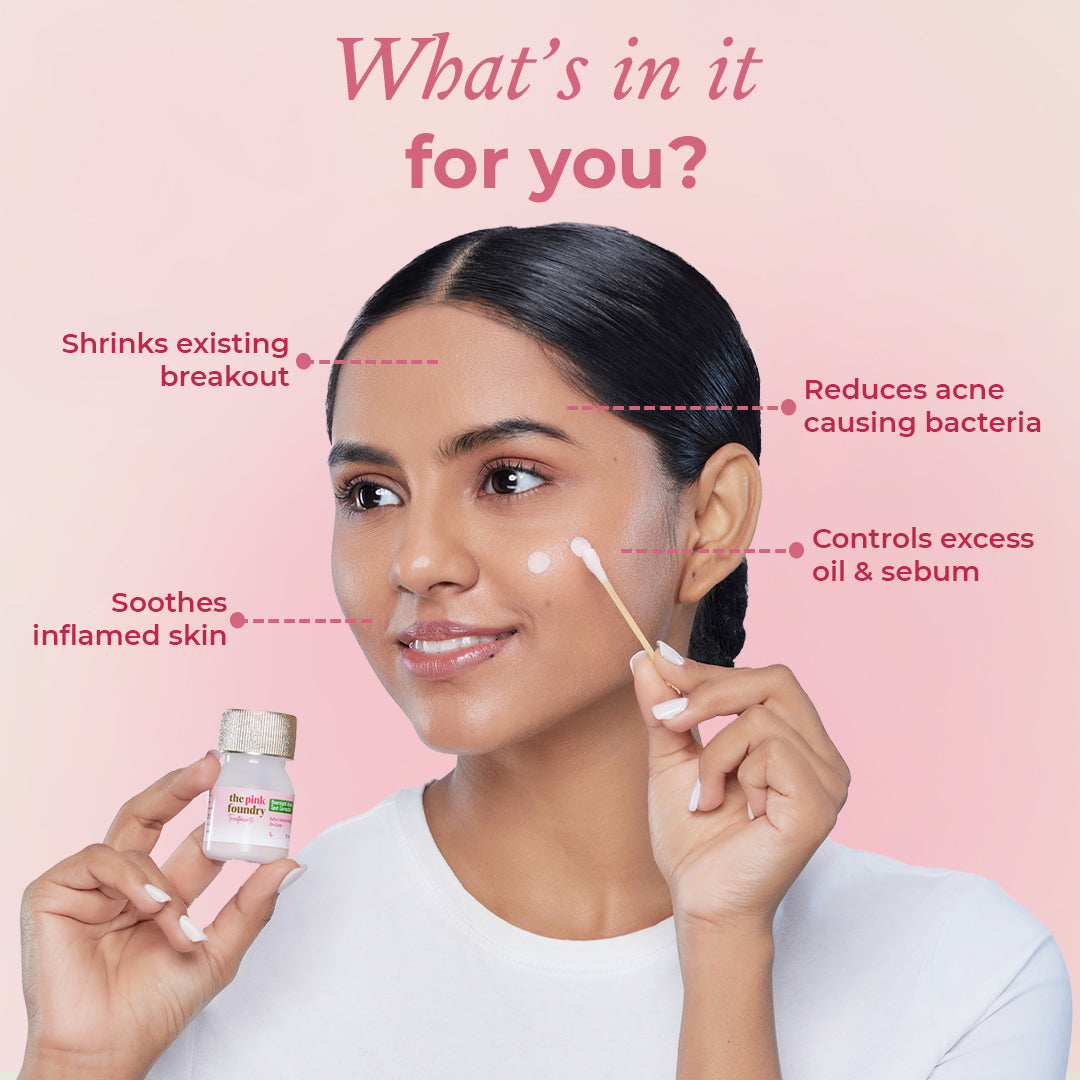
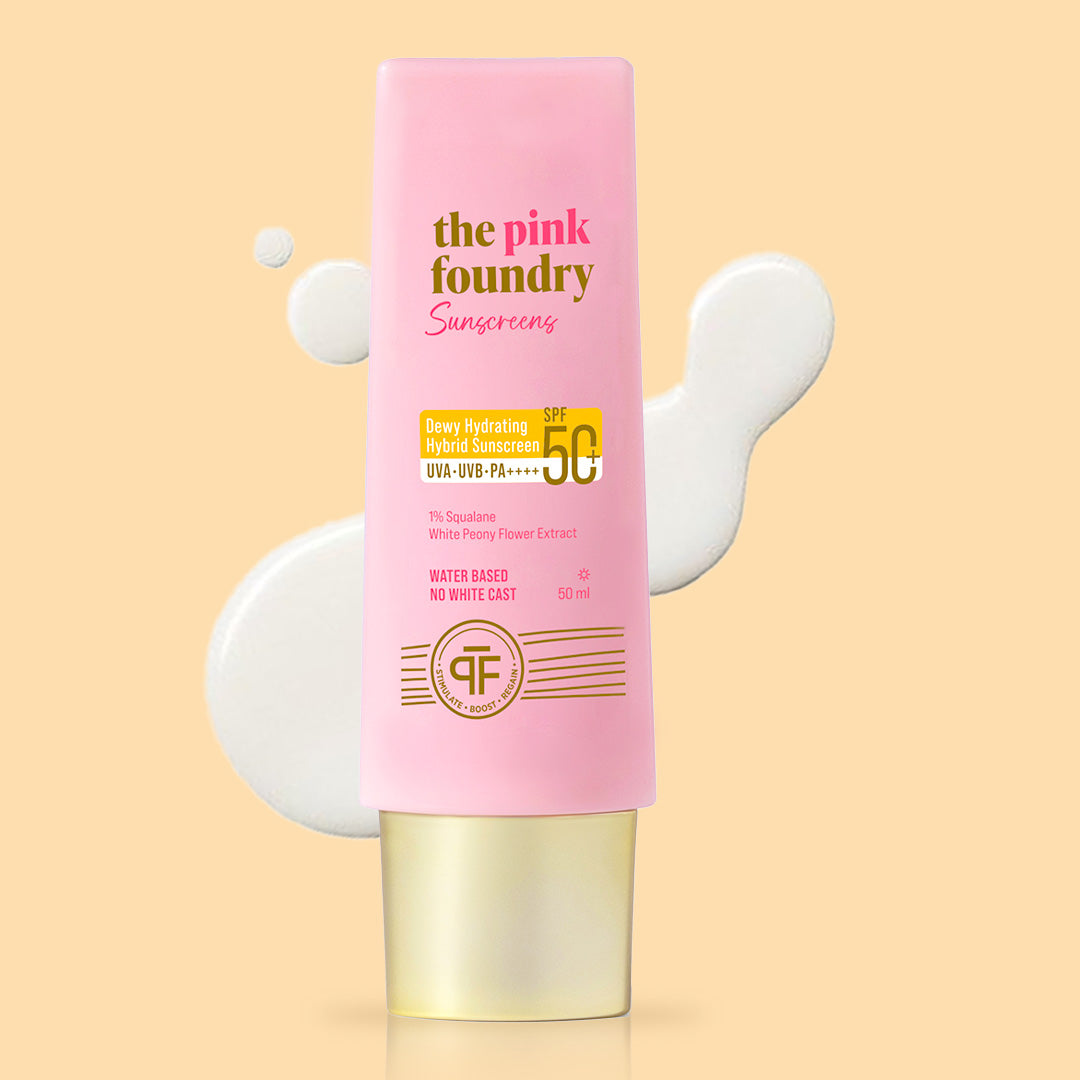
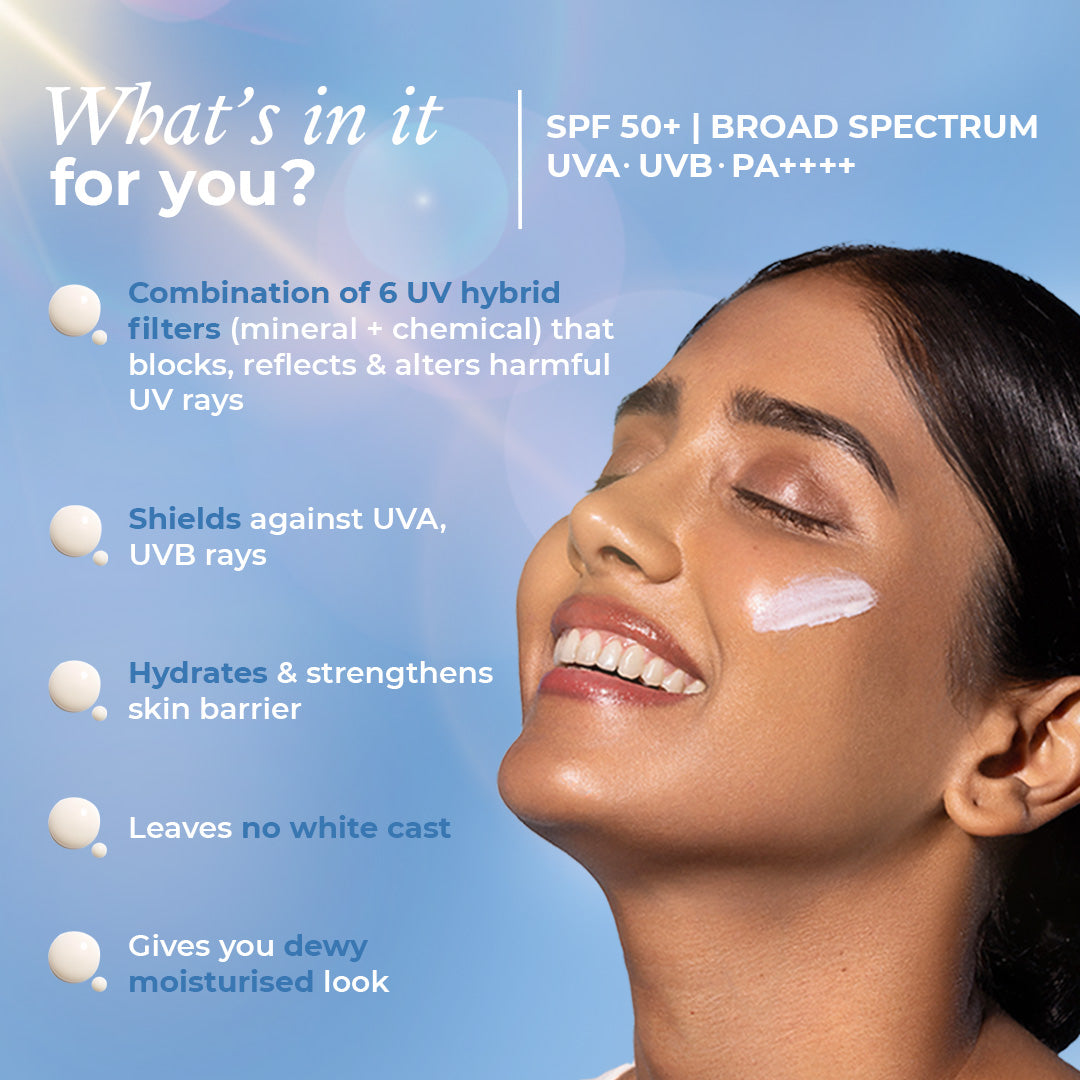


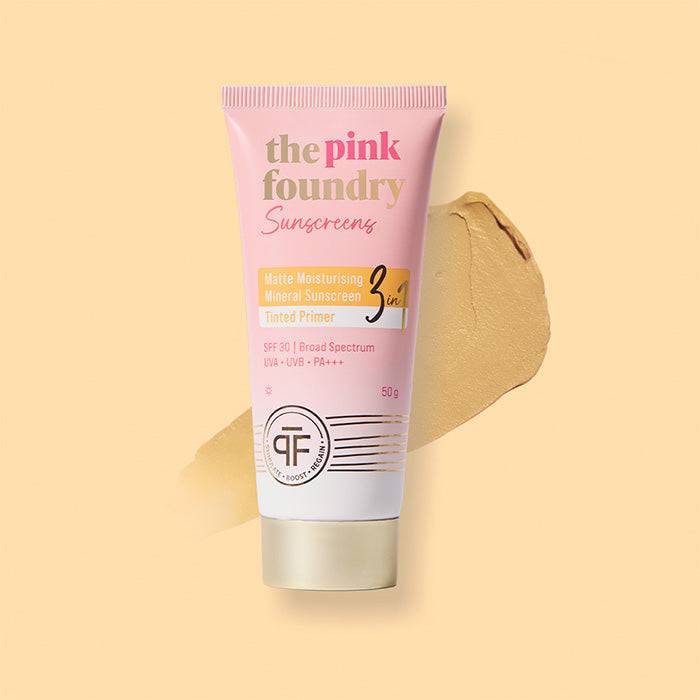
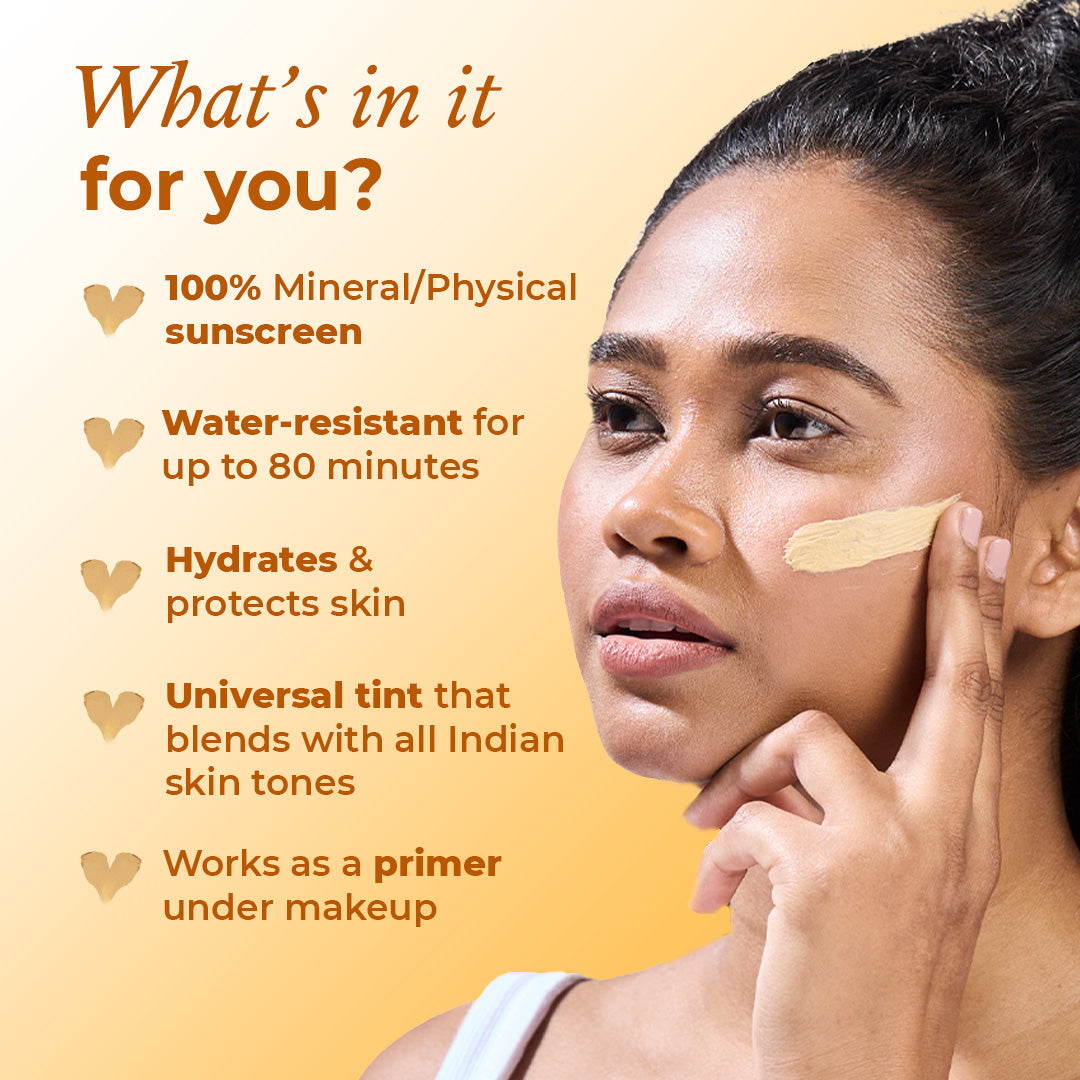



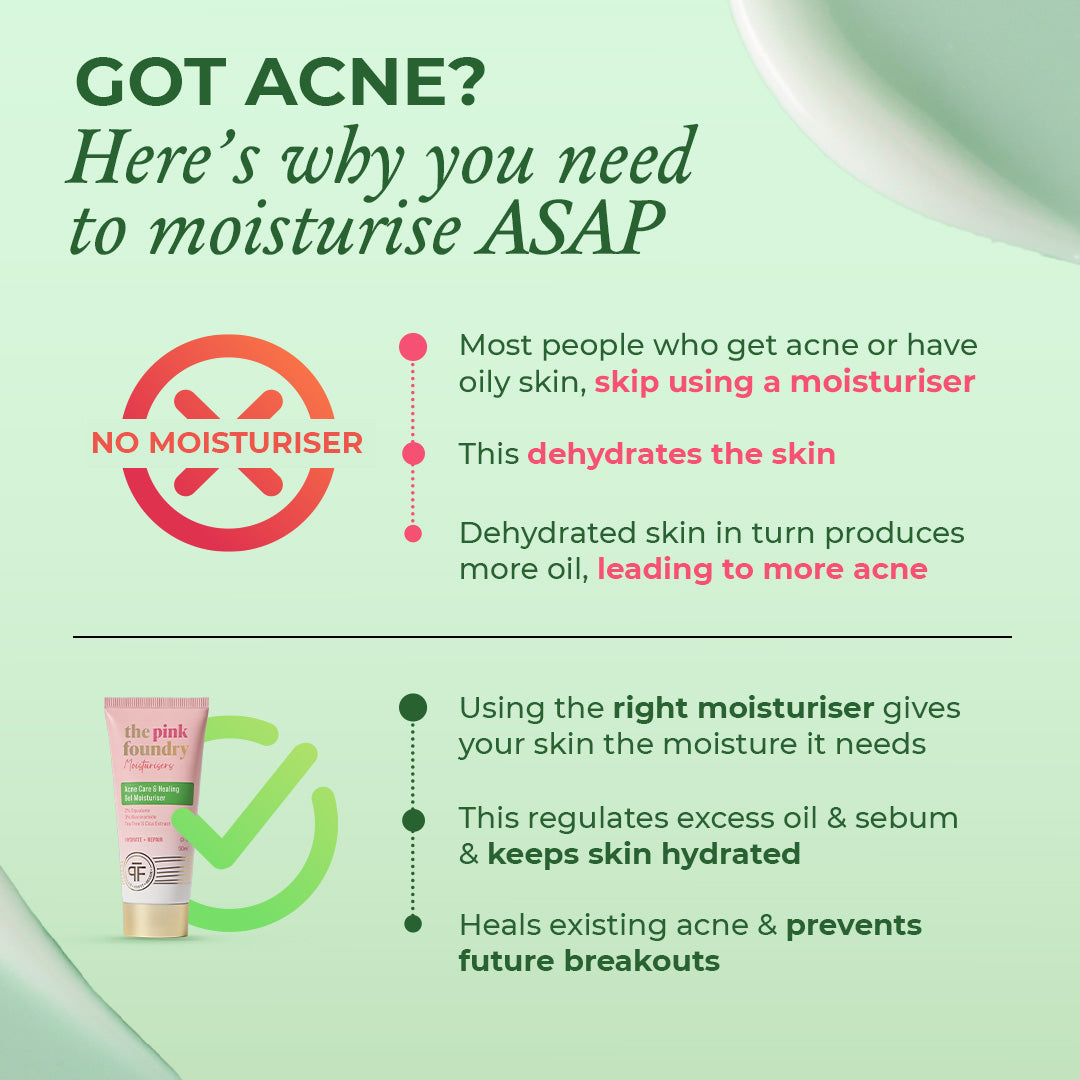
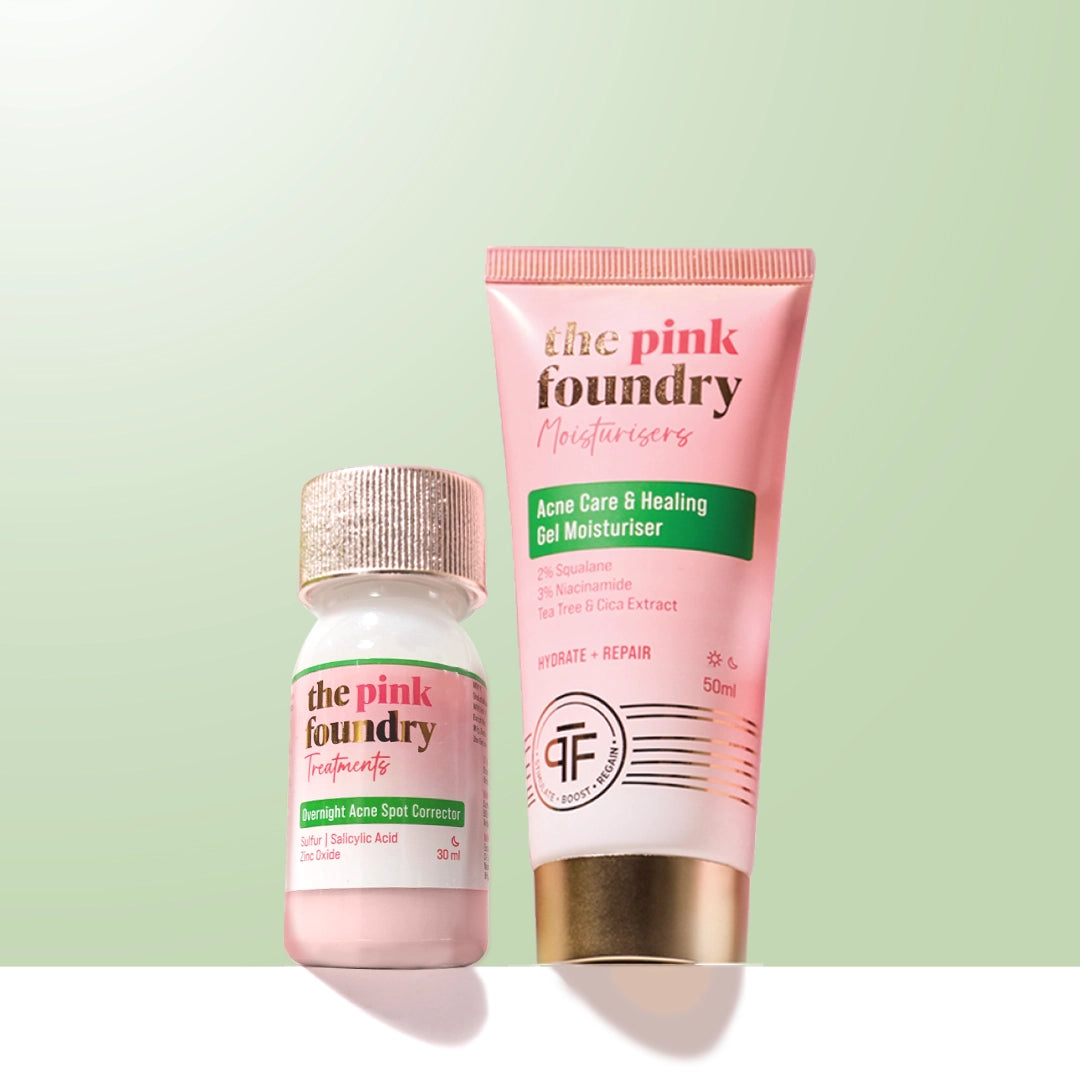
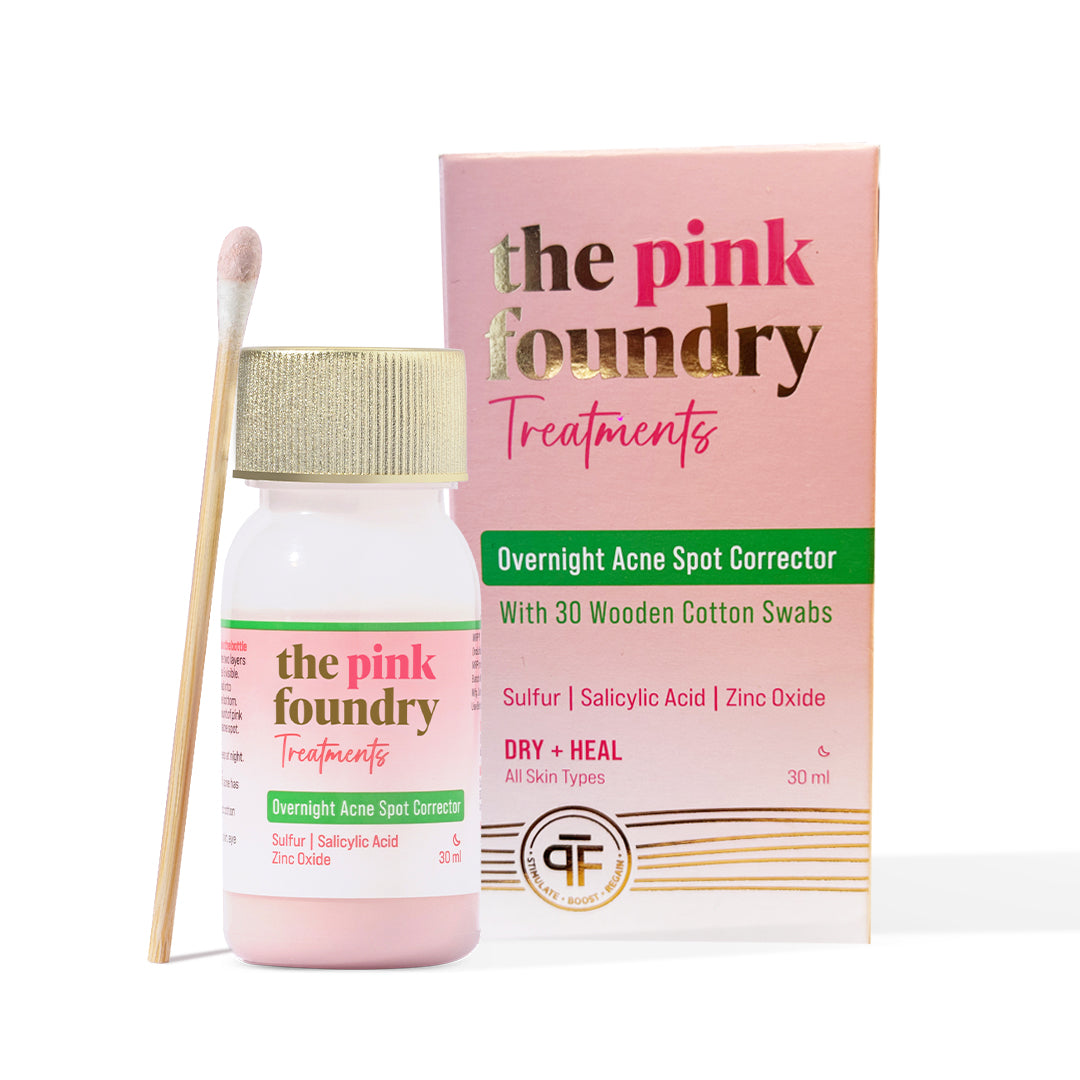
Leave a comment
This site is protected by hCaptcha and the hCaptcha Privacy Policy and Terms of Service apply.